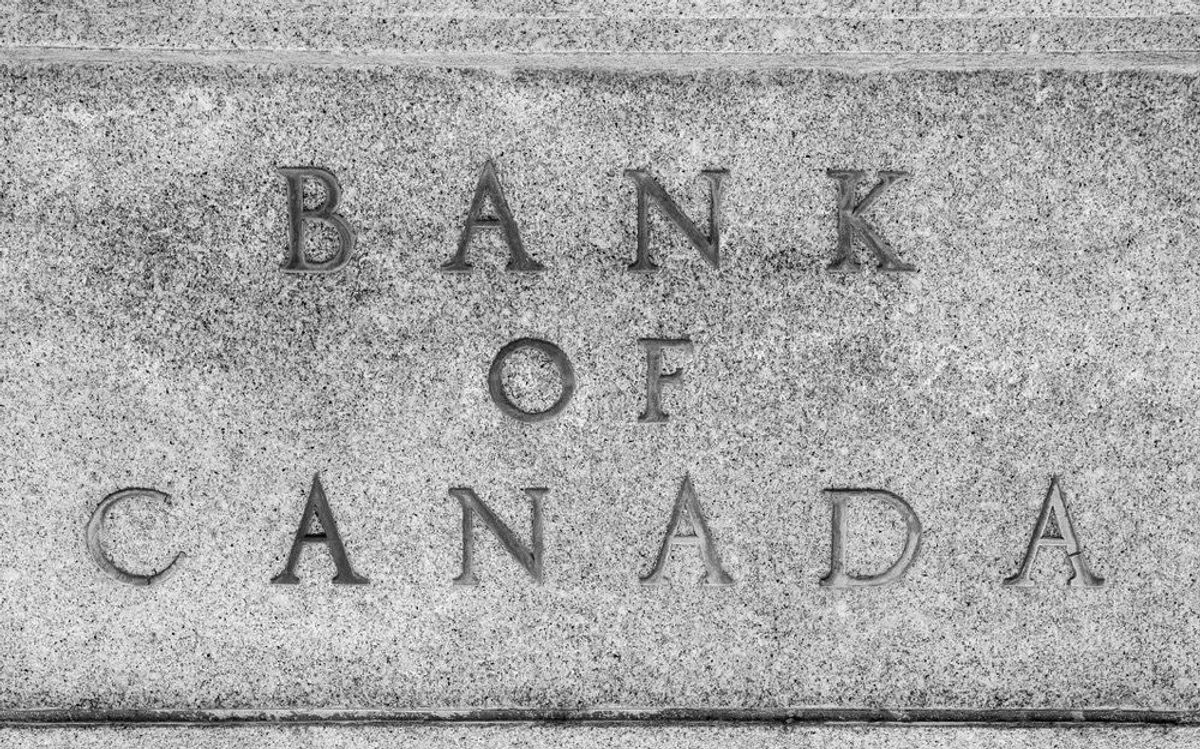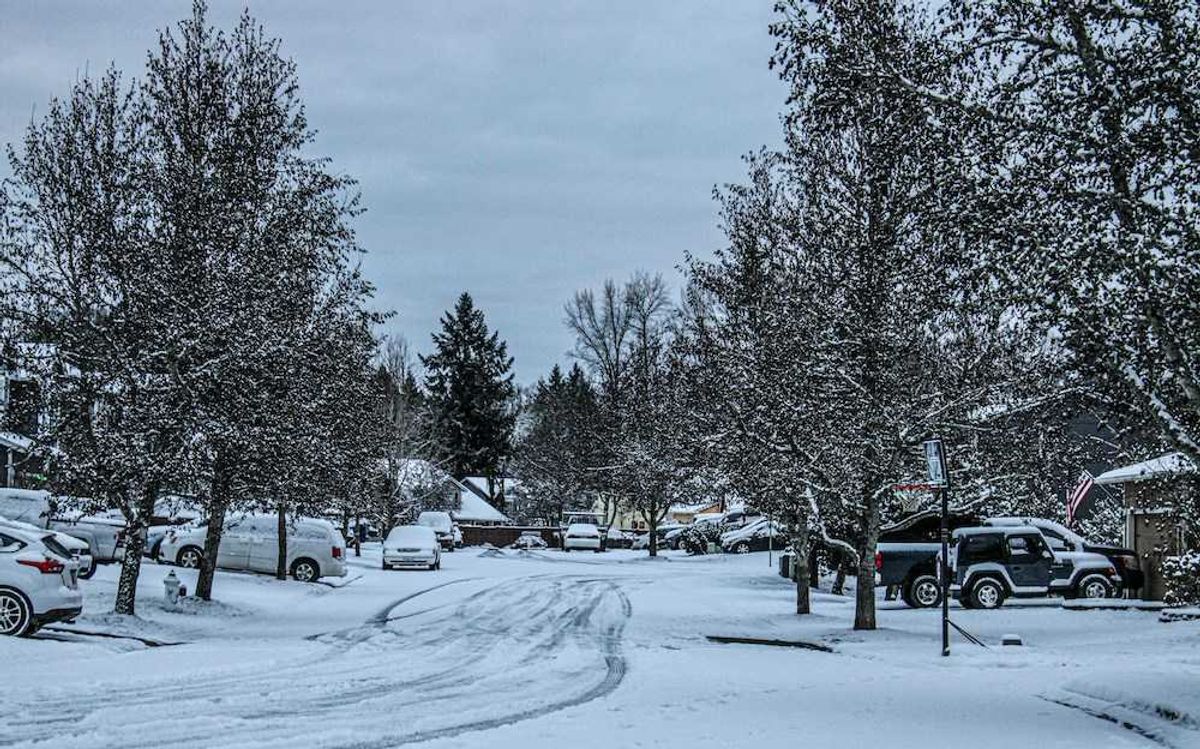As the cost of living continues to rise and homeowners receive no reprieve on the interest rate front, mortgage delinquencies could rise by more than one third over the coming year, says a new report from RBC.
The report, written by Assistant Chief Economist Robert Hogue and Research Analyst Mishael Liu, laid out the increased amount of debt Canadians took on during the pandemic, with household debt-to-income ratio exceeding pre-pandemic levels by late 2021. "It’s remained elevated ever since," the report reads.
But over the past year, as the Bank of Canada hiked interest rates, inflation made life more and more unaffordable, and pandemic-era government support programs came to an end, an increasing number of Canadians fell behind on debt service payments, Hogue and Liu said. Mortgages, however, haven't seen any noteworthy increases in borrowers falling behind. In fact, the rate of borrowers late on mortgage payments has remained at the lowest on record.
But cracks are already forming around other forms of debt, like installment loans, credit cards, car loans, and lines of credit, with the rate of consumers more than 90 days late on payments seeing a rise. "A looming recession and the ongoing effect of higher interest rates will only add stress in the period ahead," the report reads.
With more and more Canadians having to renew their fixed-rate mortgages a higher rate, and expected job losses from the recession that's likely to hit this year -- RBC is projecting unemployment to rise from 5% to 6.6% -- the bank is bracing for more delinquencies and consumer insolvencies across Canada. There's a particular risk posed for 2025-2027, when borrowers who bought their homes between later 2020 and early 2022, when rates were historically low, have to renew their mortgage.
"Our analysis suggests that mounting unemployment could reverse about half the decline in the rate of mortgage delinquencies over the coming year," Hogue and Liu explain. "It also suggests the rate is likely to continue trending higher into the medium to longer term as earlier interest rate hikes and heavier debt service loads catch up with financially-stretched mortgage holders."
Although rising unemployment is likely to spur a rise in insolvencies, RBC notes that higher interest rates and heavier debt service loads "could emerge as more potent drivers over the medium to longer term, keeping insolvencies on an upward path even after the labour market recovers and interest rates moderate."
A rise of 1% in the household debt-to-service ration is expected over the next year, which would bring it to a historic high of 15.5% by the final quarter of 2024. Consumer insolvencies, on the other hand, "could rise almost 30% over the next three years," according to RBC analysis.
Although this all marks a clear erosion of the financial gains seen during the pandemic, the report makes clear that despite these challenges, an all-out collapse is unlikely.





















